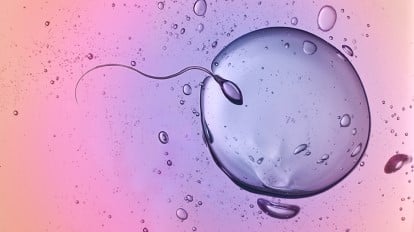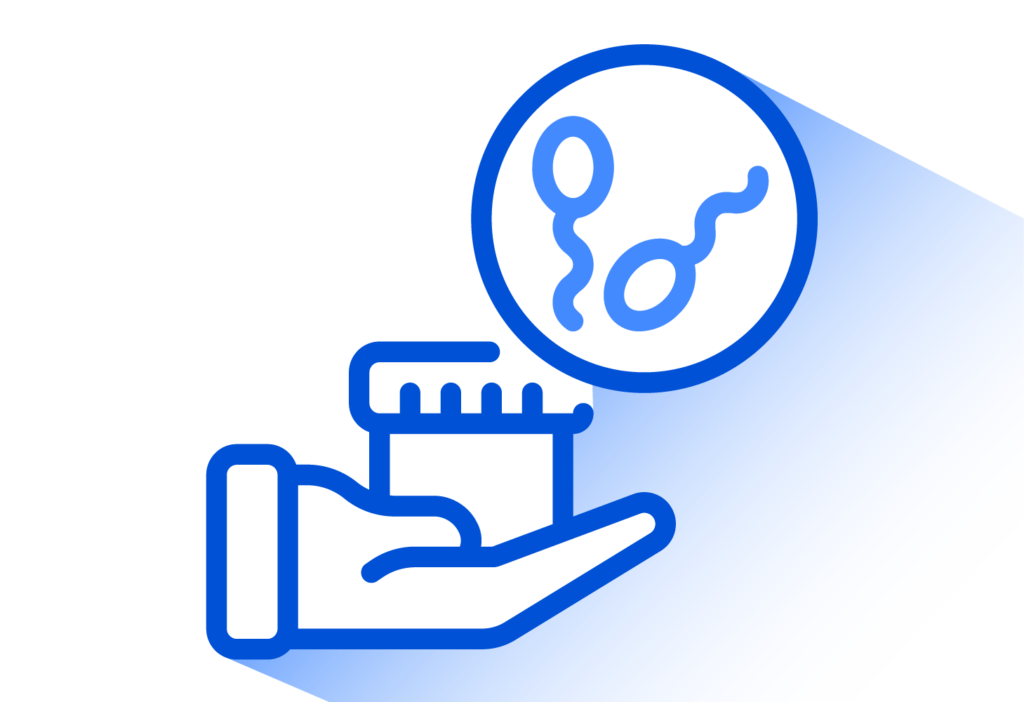What Is Donor Sperm?
While fertility technology provides many solutions to male factor infertility, from IUI , IVF, and ICSI , sometimes even with all the fertility resources available, a sperm donation must be used in order to achieve a successful pregnancy.
If a male partner has low or no sperm, or if IVF and ICSI is not an option for a patient, sperm donation can be a valuable resource when trying to get pregnant.


Some couples also decide to pursue sperm donation if they have concerns about transmitting genetic defects to their child, instead opting to use the genetics of someone who has a healthy family history. Lastly, women who don’t have a male partner, like lesbian couples or single women who want to become parents, use sperm donation in order to build their family
Sperm donation is the use of sperm that is not from the male partner in a couple, and there are two different kinds of sperm donors that parents can choose from.


